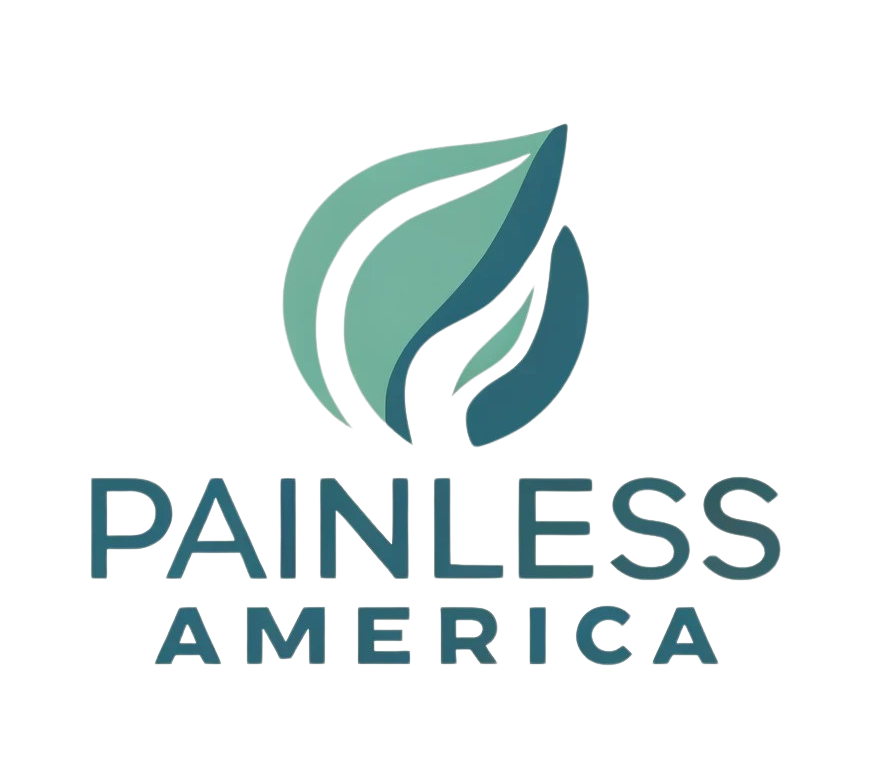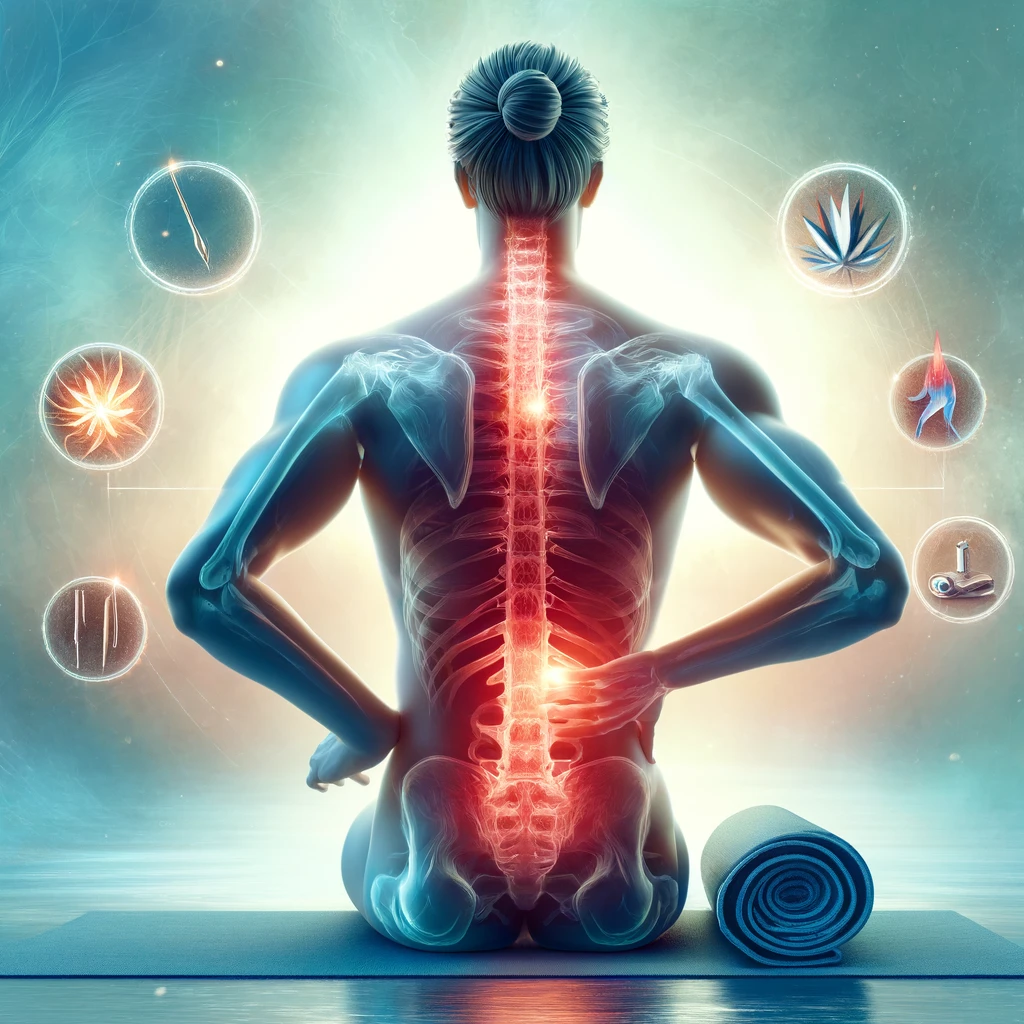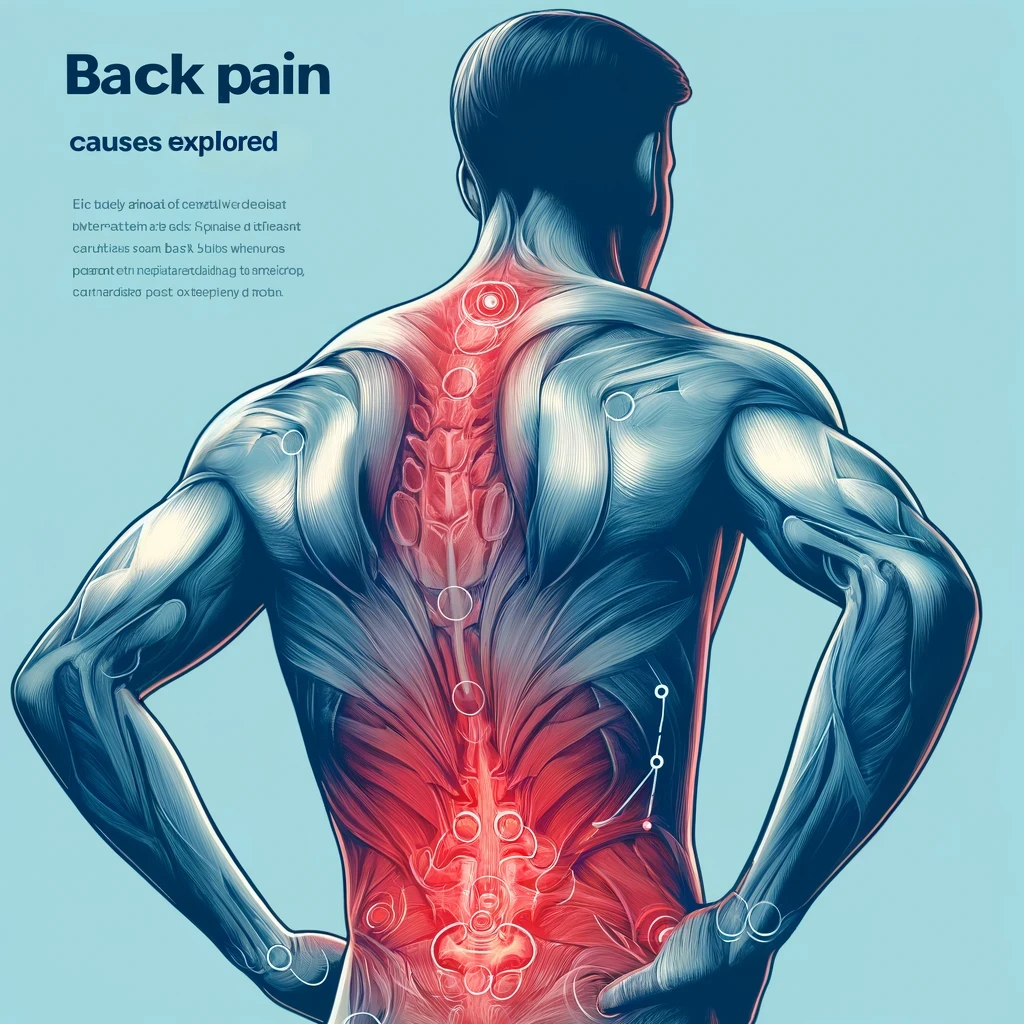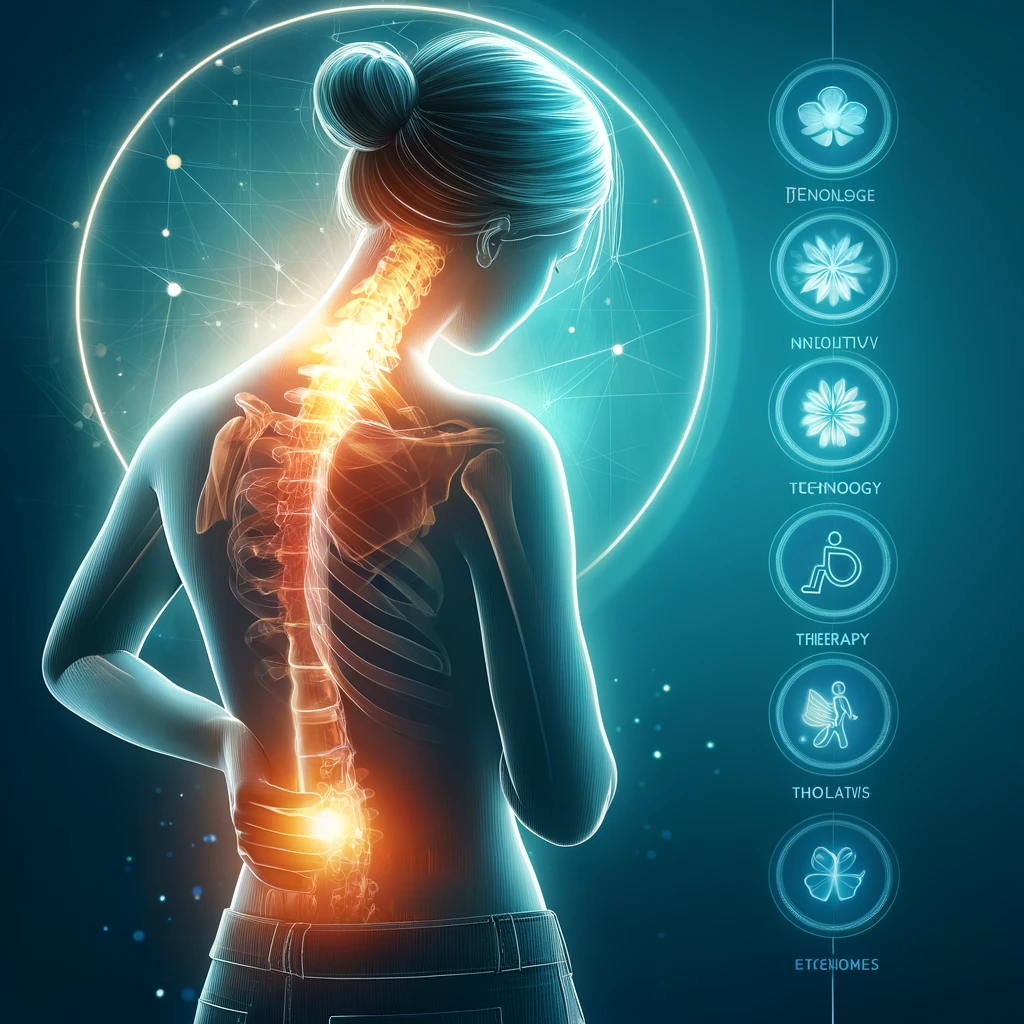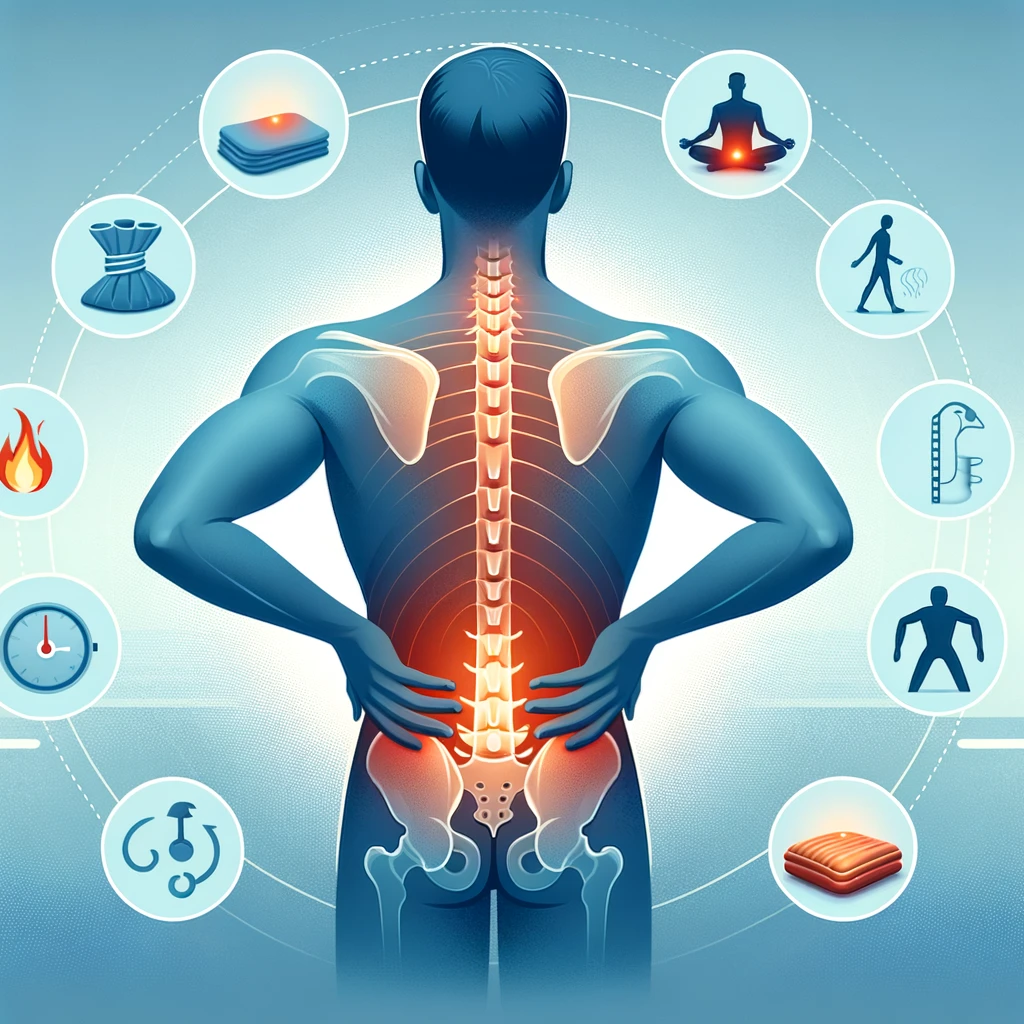
Back pain is a common ailment affecting millions of people globally, impacting daily activities and overall quality of life. This comprehensive guide explores various remedies for back pain, aiming to provide relief and improve mobility.
Understanding Back Pain
Types of Back Pain Back pain can be classified as acute, which appears suddenly and can be severe, or chronic, which persists for more than three months. Understanding the type of pain is crucial in selecting the appropriate remedy.
Lifestyle Modifications for Managing Back Pain
Ergonomic Adjustments Proper ergonomic practices at work and home can prevent the onset of back pain. This includes using chairs with adequate lumbar support and adjusting the height of computer screens.
Importance of Physical Activity Engaging in regular physical activity strengthens back muscles and supports spinal integrity, reducing the risk of back pain. Tailored exercises can enhance flexibility and reduce stiffness.
Home Remedies for Immediate Relief
Heat and Cold Therapy For immediate relief, apply heat to relax tight muscles or cold to reduce inflammation. Alternating between the two can also be effective, depending on the nature of the injury.
Over-the-Counter Pain Relief Non-steroidal anti-inflammatory drugs (NSAIDs) like ibuprofen can reduce inflammation and pain. Always consult with a healthcare provider before starting any medication.
Herbal Treatments Natural remedies such as turmeric and willow bark have properties that reduce inflammation and pain, offering a holistic approach to managing back pain.
Physical Therapy and Exercises
Role of Physical Therapy Physical therapy is a cornerstone in treating back pain, with techniques that improve mobility and relieve pain through targeted exercises.
Stretching Exercises Simple stretches that target the back, abdomen, and legs can alleviate pain and improve spinal flexibility.
Strengthening Exercises Strengthening the core muscles surrounding the spine stabilizes your back, reducing the likelihood of pain.
Alternative Therapies
Acupuncture Acupuncture can alleviate chronic back pain by stimulating nerves, muscles, and connective tissue, boosting pain relief and body function.
Chiropractic Care Chiropractic adjustments realign the spine and improve bodily function, often providing immediate pain relief.
Massage Therapy Therapeutic massage helps relax tight muscles, decrease pain, and improve circulation, aiding in the healing process.
Medical Treatments
When to Consider Medical Intervention If back pain persists despite home remedies and physical therapy, it may be necessary to consult a healthcare provider for advanced treatments.
Medications For severe cases, stronger medications such as muscle relaxants or even opioids may be prescribed. Long-term use requires careful management due to potential side effects.
Surgery Options In cases where structural spinal issues are present, surgical interventions may be necessary to alleviate pain and restore function.
Preventive Measures
Daily Habits to Prevent Back Pain Establishing daily habits like regular stretching, maintaining a healthy weight, and practicing stress-relief techniques can prevent the occurrence of back pain.
Conclusion
Effective management of back pain involves a combination of remedies tailored to individual needs. By understanding the causes and exploring a range of treatments from lifestyle changes to medical interventions, individuals can significantly improve their quality of life.
FAQs
What is the best immediate treatment for sudden back pain?
The best immediate treatment is often the application of ice to reduce inflammation followed by heat to ease muscle tension. Over-the-counter pain relievers can also provide quick relief.
Can diet affect back pain?
Yes, a diet high in anti-inflammatory foods like omega-3 fatty acids, green leafy vegetables, and nuts can help reduce inflammation and back pain.
How effective is acupuncture for back pain?
Acupuncture is widely recognized for its effectiveness in reducing chronic back pain. It works by stimulating the body’s pain-relieving chemicals.
What exercises should I avoid to prevent worsening my back pain?
Avoid exercises that strain the back, such as toe touches and sit-ups. Instead, focus on low-impact activities that don’t add stress to your spinal structures.
When should I see a doctor for back pain?
You should see a doctor if back pain persists for more than a few weeks, is severe and doesn’t improve with rest, or if it’s accompanied by other worrying symptoms like numbness or weakness.
